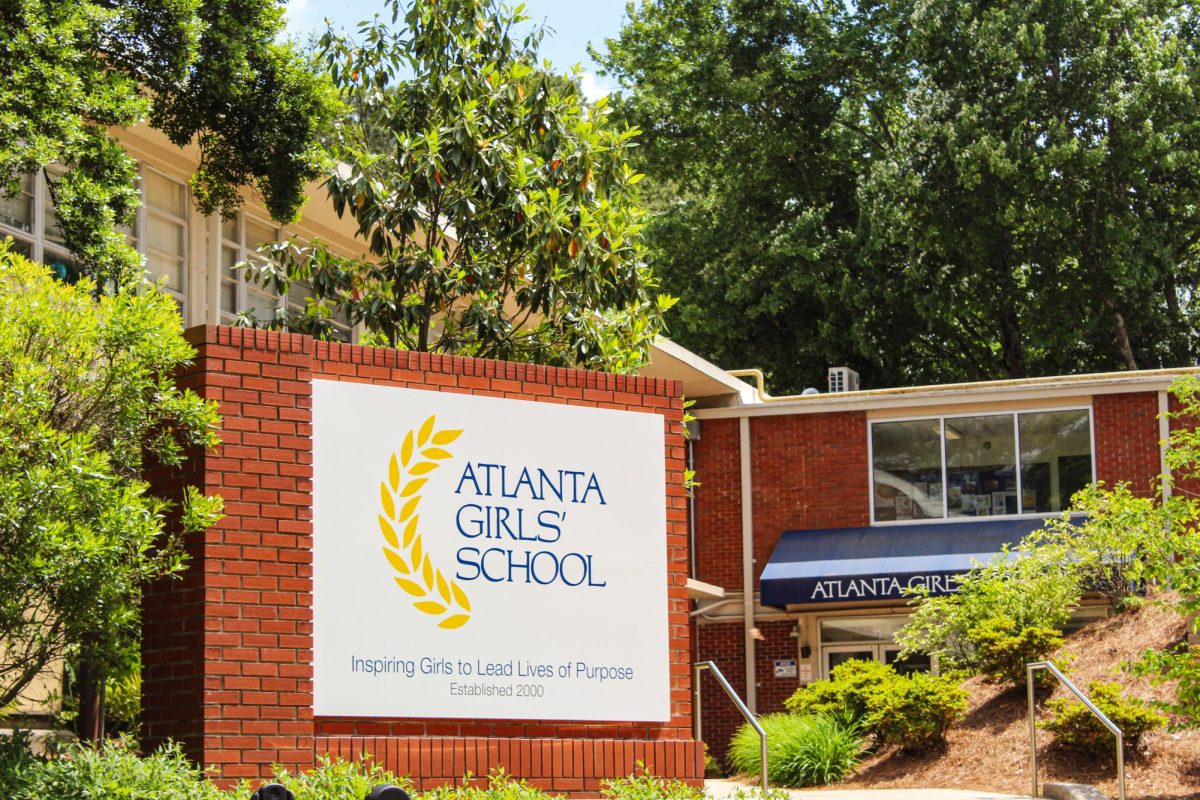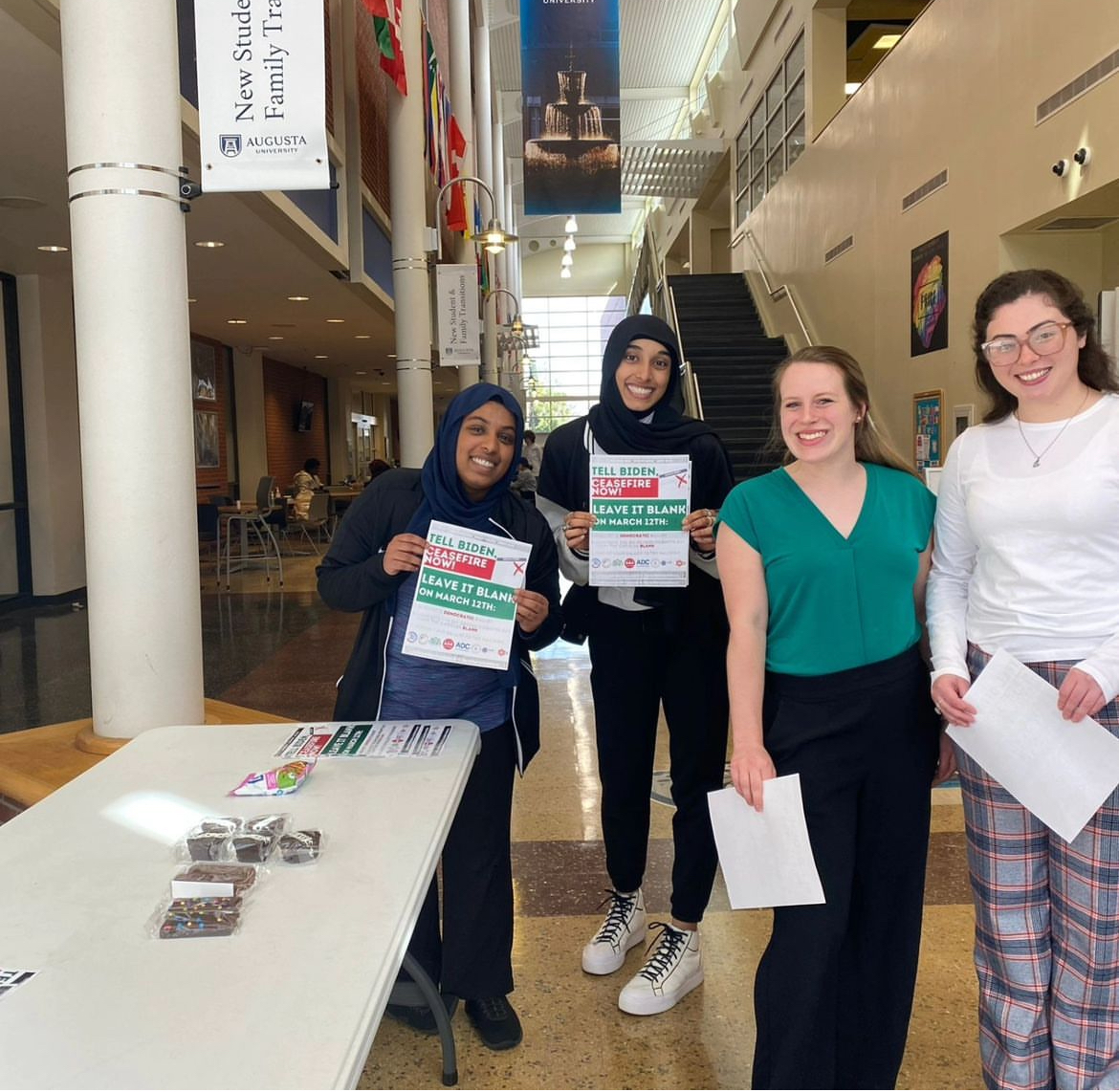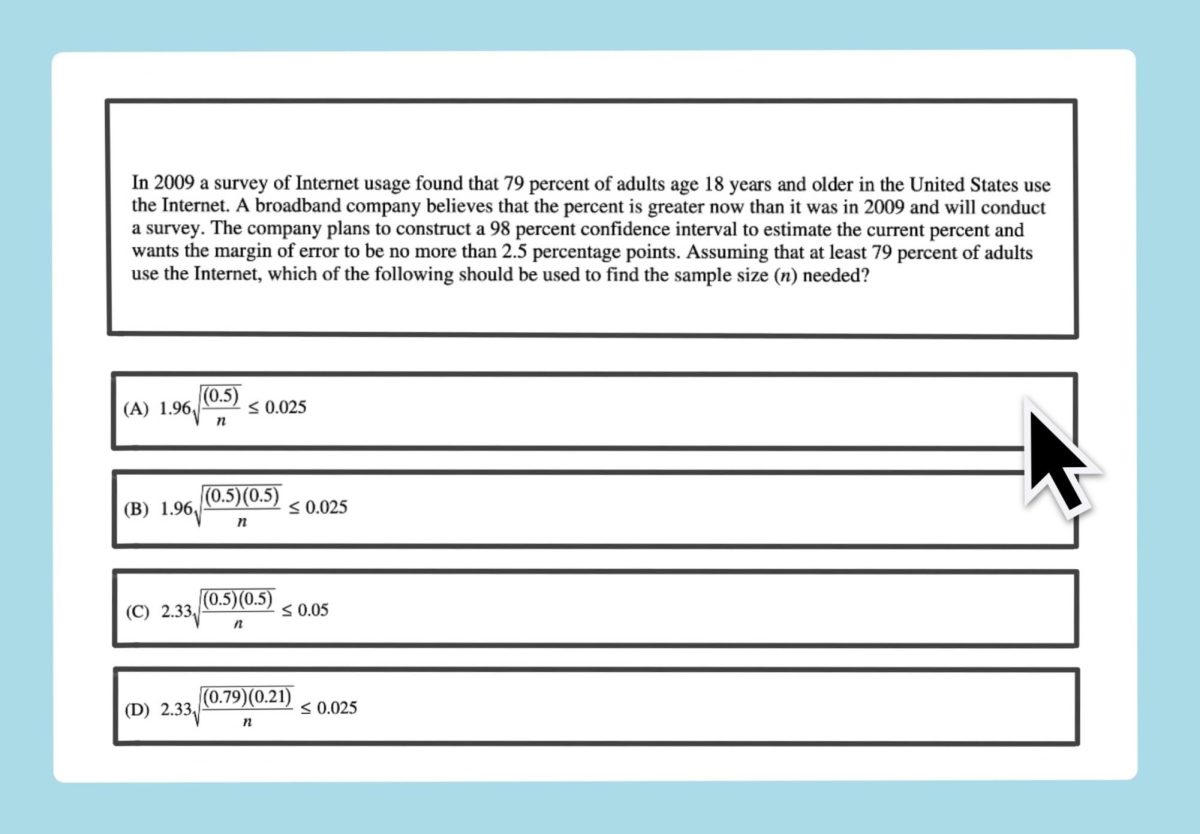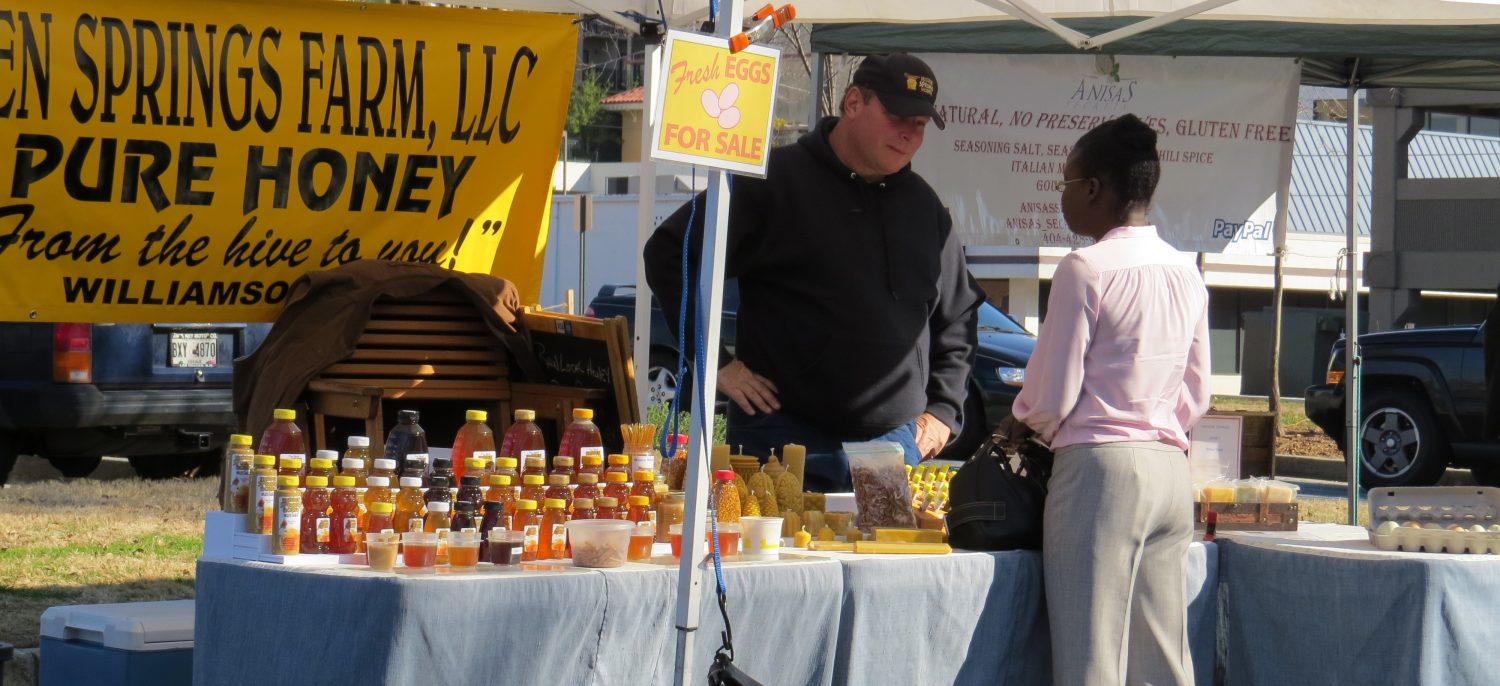What if you could help local farmers prosper and fight urban poverty at the same time?
That’s exactly what Wholesome Wave Georgia is all about. Since 2009, Wholesome Wave Georgia has been offering food stamp recipients double the value of their benefits when used at select farmers markets.
Wholesome Wave, a national, nonprofit organization, strives to build a connection between local, sustainable agriculture and communities that suffer from poverty. Their goal is “a more vibrant and equitable food system for all people.”
Judith Winfrey and Gina Hopkins of Restaurant Eugene and Holeman and Finch brought this idea to Georgia.
Georgia’s Wholesome Wave is different than the Wholesome Wave programs in other states because in most states, Wholesome Wave is not a statewide campaign. In other states, individual markets chose to partner with Wholesome Wave. Georgia organizers created Wholesome Wave Georgia and formed a network of markets ranging from Rock Spring to Bluffton to Tifton to Savannah.
Wholesome Wave Georgia relies entirely on private funding, beginning with donations from the Ellis Hotel in 2009. They also collect donations from individuals, families and fundraising at events. The funding is then distributed to farmers markets.
When a food stamp card is swiped at the market info booth, the market manager or market volunteer exchanges the food stamp card swipe for twice the value in wooden tokens. The tokens are used as if they were cash.
In 2012, there were about 115,000 swipes valued to be $18.50. When that is doubled through Wholesome Wave Georgia turns that amount into $37 of spending power at farmers markets.
Currently, all of the partner markets accept Supplemental Nutrition Assistance Program and Electronic Benefit Transfer support, but only select markets accept Women, Infants and Children and Senior Farmers’ Market Nutrition Program assistance.
For program director Jan Kozak, the opportunity to reach underserved communities is essential. He also serves as the market manager with Athens Farmers Market.
“We are trying to change behaviors,” Kozak said. He and his team wanted to use Wholesome Wave as an incentive program for healthy living, focusing on health in a preventive sense rather than a treatment.
“I think that most people’s No. 1 excuse for not buying healthy foods is that it costs more and that organic farmers markets are only accessible to the wealthy,” Grady teacher Korri Ellis said. “It helps bridge the gap between the rich and the poor if we make healthy foods more accessible.”
Wholesome Wave Georgia users have swiped their government benefit cards more than 200,000 times.
“Wholesome Wave Georgia is the most valuable program at our markets,” said Katie Hayes, the executive director of Community Farmers Markets. “It allows customers to have double the purchase power and farmers to have double the income.” Community Farmers Markets consist of Grant Park, East Atlanta and both Decatur farmers markets.
Hayes has managed the markets at Community Farmers Market for two years. She said that revenues at Community Farmers Markets has doubled from 2011 to 2012.
“Before, there was a stigma about using food stamps,” Hayes said. “Now, I believe people feel more comfortable using their benefits.”
Besides helping underserved communities afford healthier food, this system also helps local farmers grow their business. Instead of patronizing national chain grocery stores or fast-food restaurants, customers are buying food directly from farmers—cutting out the middleman.
“Local farmers markets stimulate our local economy,” Ellis said. “A local farm is a business. The more we can support them and contribute to their income and taxes, the more we can support our local economy.”
According to Ellis, supporting local farmers markets also aids the environment by reducing the pollution and fuel use caused by transporting food over long distances. Farmers markets also use more sustainable methods, Ellis added. On smaller farms, typically farmers use more compost and less big machinery and commercial fertilizers. Small farmers usually cultivate multiple crops simultaneously on the same area of land. According to Ellis, crop diversification has less of an impact on the environment. Smaller farms also usually use more efficient irrigation methods.
“Conventional agriculture is not a sustainable model because there is no biodiversity,” Kozak said.
There are 10 markets in metro Atlanta that have a Wholesome Wave Georgia association: Clarkston, Decatur, East Atlanta Village, East Point, East Lake, Farm Mobile, Grant Park, Peachtree Road, SWOOM and Truly Living Well.
Some markets are year-round, but most will not open until April. As the weather gets warmer, Hayes is anticipating the opening of farmers markets. Some markets feature celebrity chefs and local bands that come out and play.
Kozak wants to encourage markets to expand and consider longer seasons, but it is a building process.
“It is a slow process to get people to a point where they are capable of selling food 12 months out of the year,” Kozak said.
While the pace may not be to his liking, he remains hopeful. He is also “cautiously optimistic” that farmers markets could outsell the mass-produced grocery stores and fast-food restaurants.
“I think that day is certainly down the road,” Kozak said. “It seems that [eating green and healthy] is less than a fad, but more of a movement and reality.”
Hayes agrees.
“People have to make a conscious effort to support their local farmers. We need a lot of help, and we have a long way to go.”









